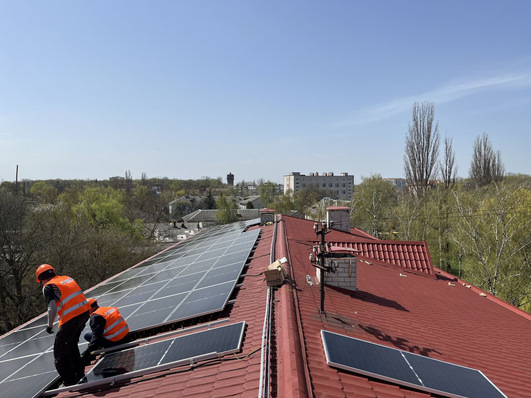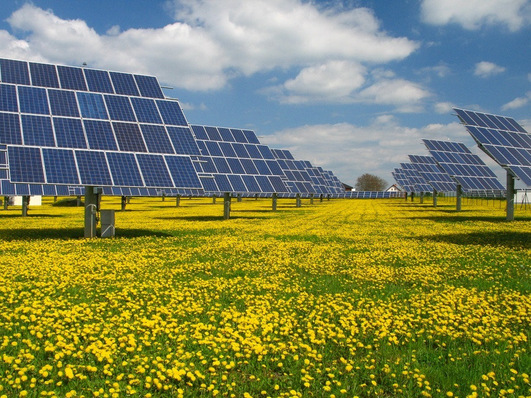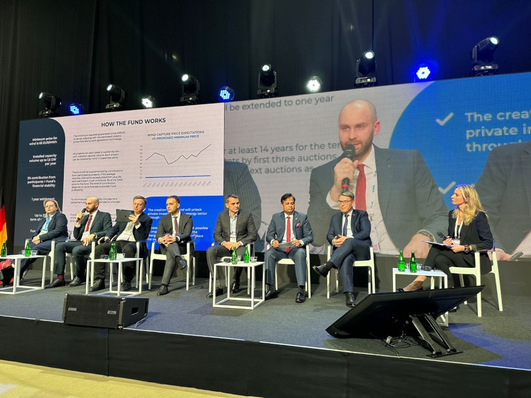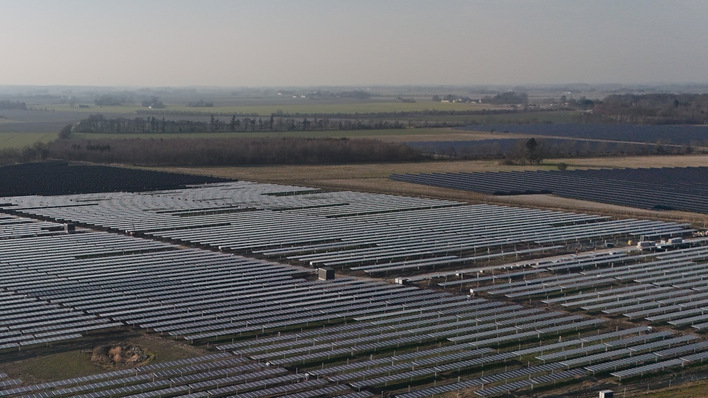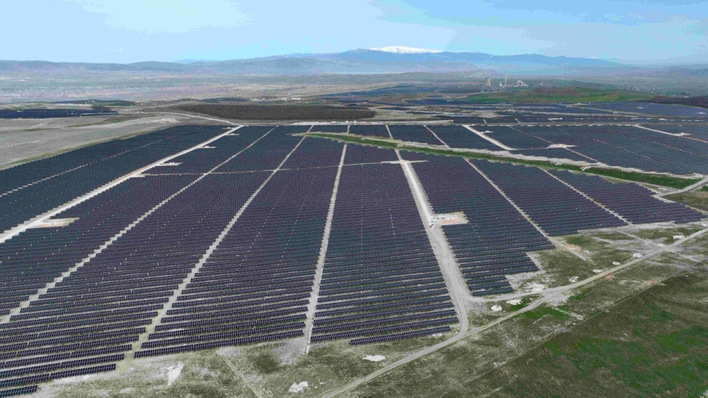In a new study, Agora Energiewende and Forum Energii analyse the opportunity for a phase out from lignite and the effects this would have in the power sector in Poland, Czech Republic, and Germany by 2032. The study finds that an accelerated phase out is technically and economically feasible if coordinated among the three countries – provided, lignite is being substituted by renewable energy sources.
No increase of power generation costs in the region
Replacing lignite power plants in Germany, Poland, and the Czech Republic with renewable sources by 2032 does not increase the costs of power generation in the region. This is the result of a new study by Agora Energiewende and Forum Energii. For all three countries of Europe’s lignite triangle, costs for power generation will not increase if they close coal-fired power plants faster than anticipated today. This means that the three countries can significantly reduce CO2 emissions without additional financial burden for power consumers.
Reduction of electricity imports
Moreover, the accelerated lignite phase out in the region of Central Europe reduces electricity imports. Because their neighbours have higher shares of renewable sources with low marginal cost in their power mixes, they are benefiting from lower wholesale electricity prices which allows them for exporting power. Poland and the Czech Republic can favour this cheaper energy from their neighbours over their own sources. The change of the generation mix, as a consequence of lignite phase our will therefore have a significant impact on the level of imports and export electricity.
50% reduction of CO2 emissions
“Our analysis shows that until 2032 a coordinated farewell to lignite is realistic and cost-effective and will bring about a 50% reduction in CO2 emissions from power generation in the region. It is an inevitable process”, says Dr. Joanna Maćkowiak-Pandera, Forum Energii’s CEO. “This project could become a flagship project for the European Green Deal, a symbol of good regional cooperation for energy security. To make this happen we need cooperation and coordinated action between Warsaw, Berlin and Prague”, adds Maćkowiak-Pandera.
Regional coordination necessary
The European Commission is currently working on a comprehensive plan to increase the EU’s climate target to at least 50% and as much as 55% by 2030. “This will inevitably require a faster lignite phase-out than previously planned because of all the fossil fuels lignite is the most CO2-intensive”, says Dr. Patrick Graichen, Director Agora Energiewende. “More than ever, regional coordination is necessary about how we can transform Europe’s lignite triangle and initiate a planned exit from coal.”
The aim of the analysis ‘Modernising the European lignite triangle’ was to check what would be the effects of a coordinated lignite phase-out, carried out simultaneously in Germany, Poland, and the Czech Republic. The study assesses the consequences for energy security in the region, how electricity flows will change, how much CO2 emissions will be reduced and what will be the system costs of power generation in the countries.
The report ‘Modernising the European lignite triangle’ is published in English, Polish and Czech languages. It was prepared in cooperation between Forum Energii and Agora Energiewende and was consulted with Czech power market experts. Research and modelling were conducted by Aurora Energy Research. (hcn)
Did you miss that?


